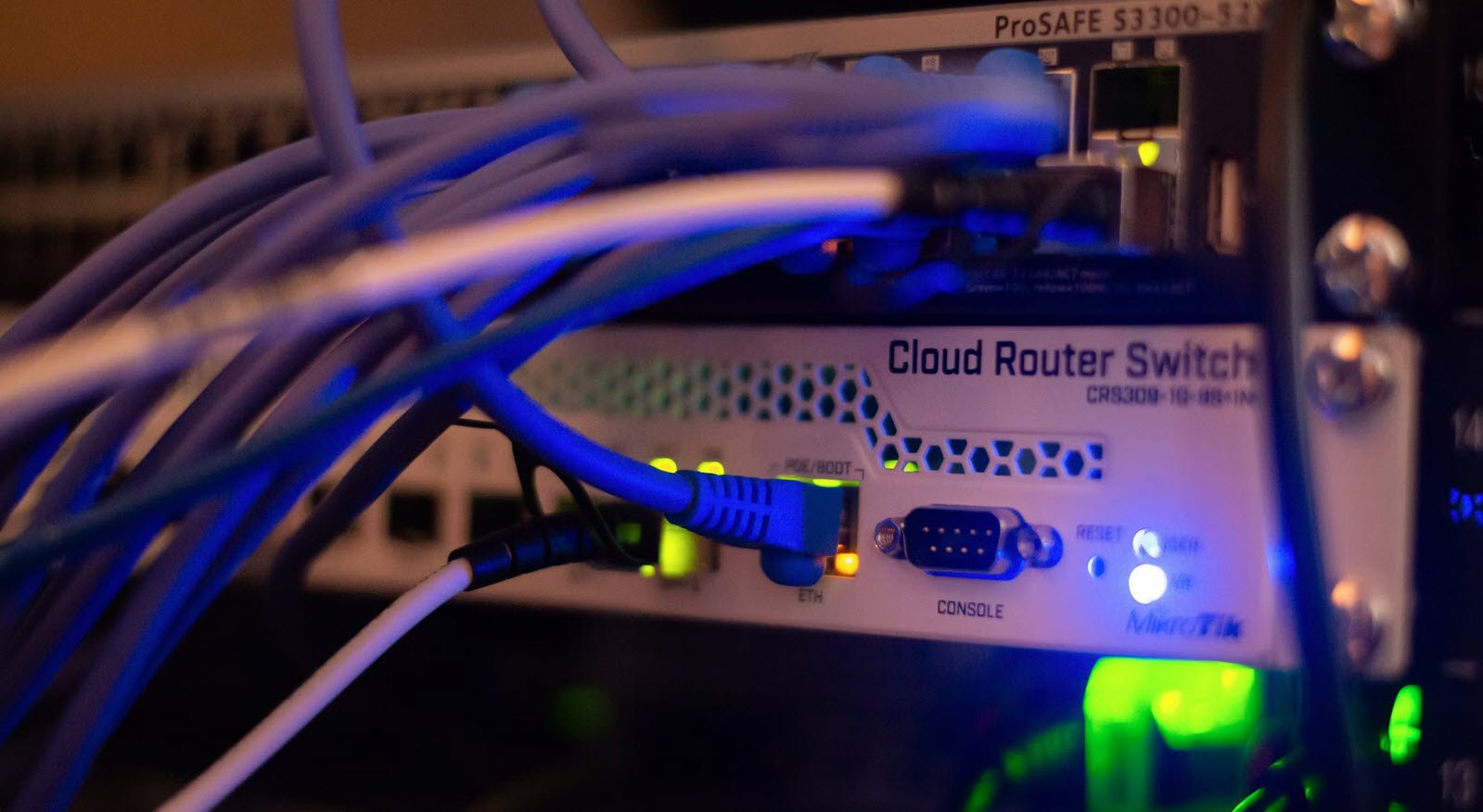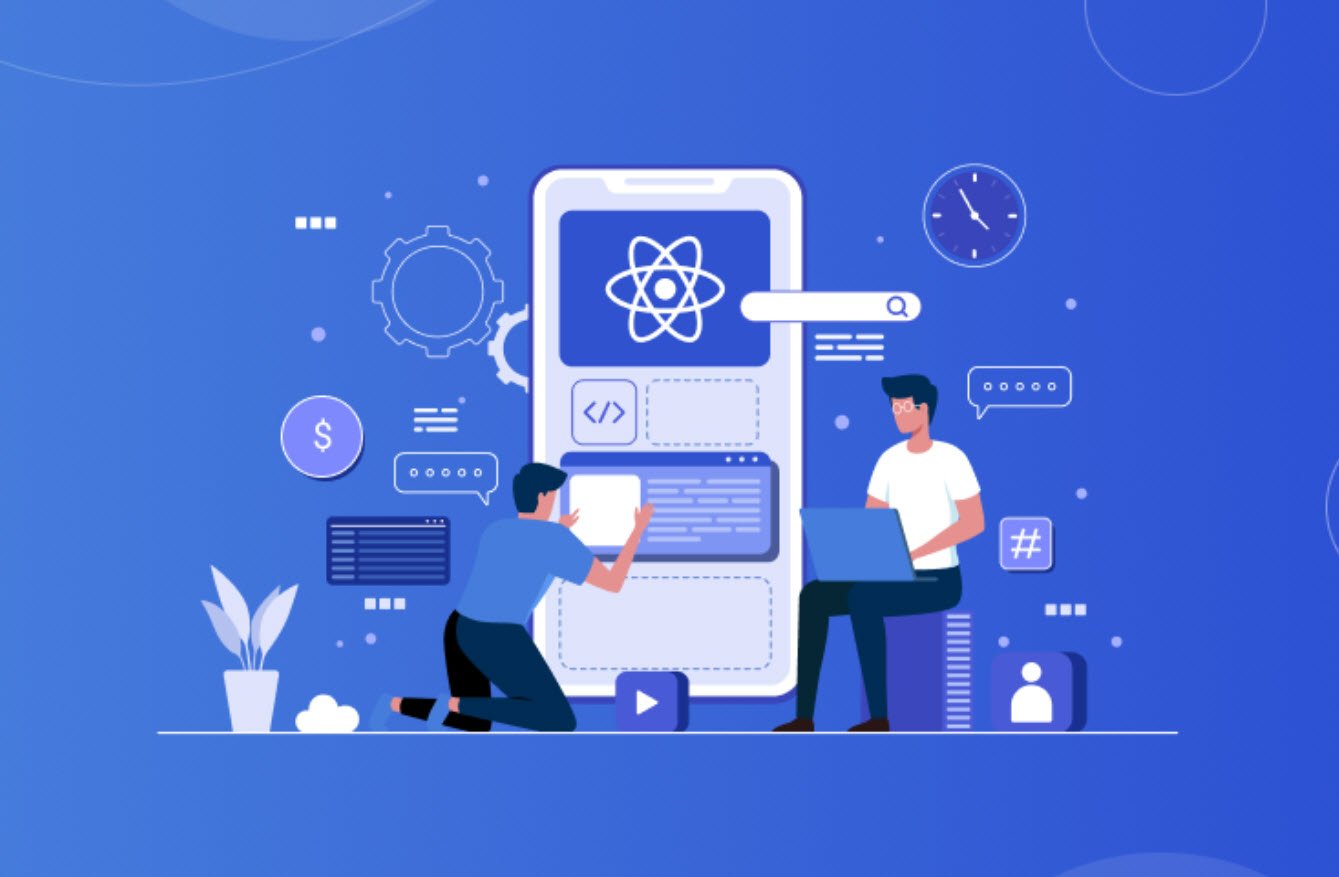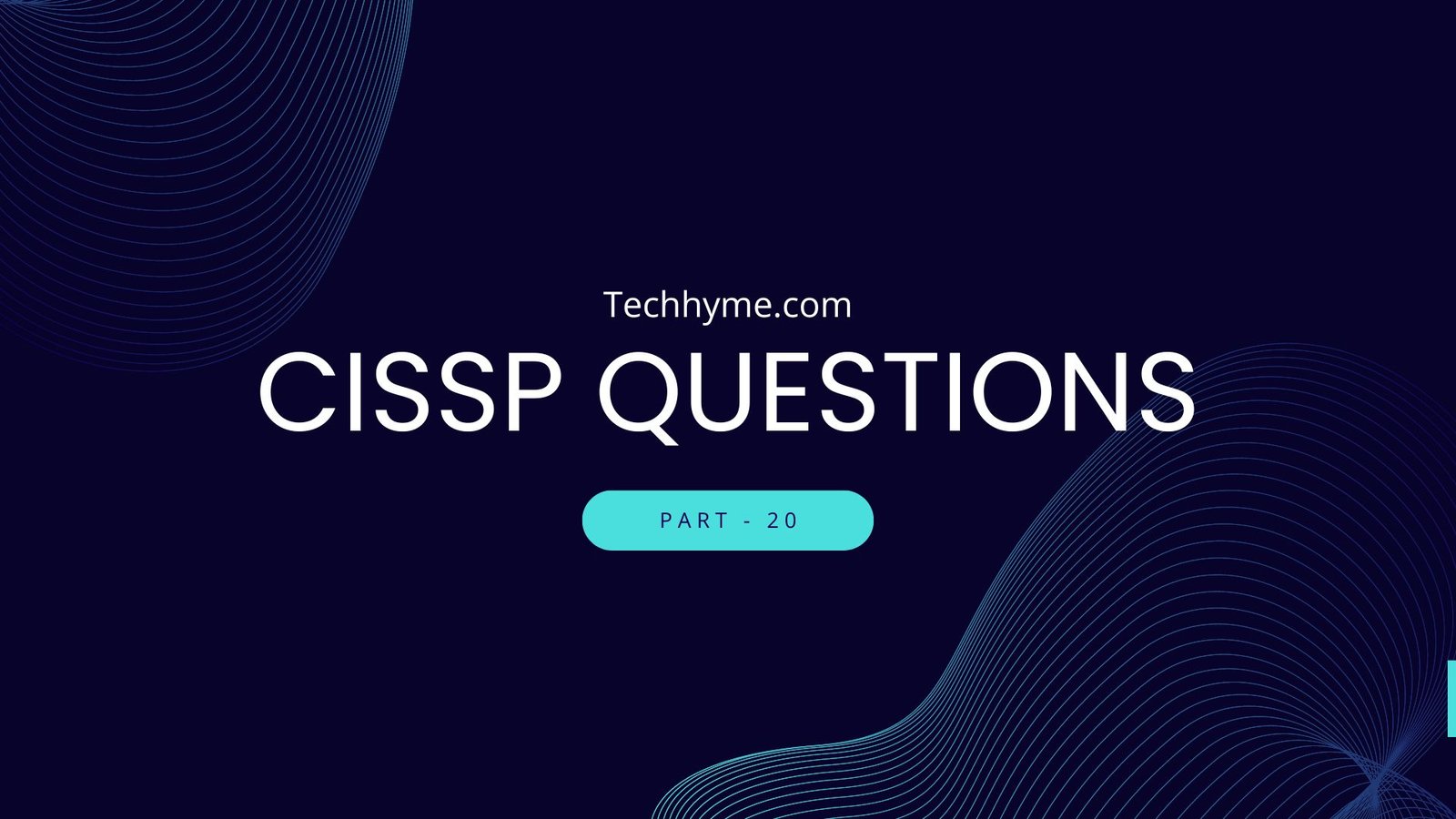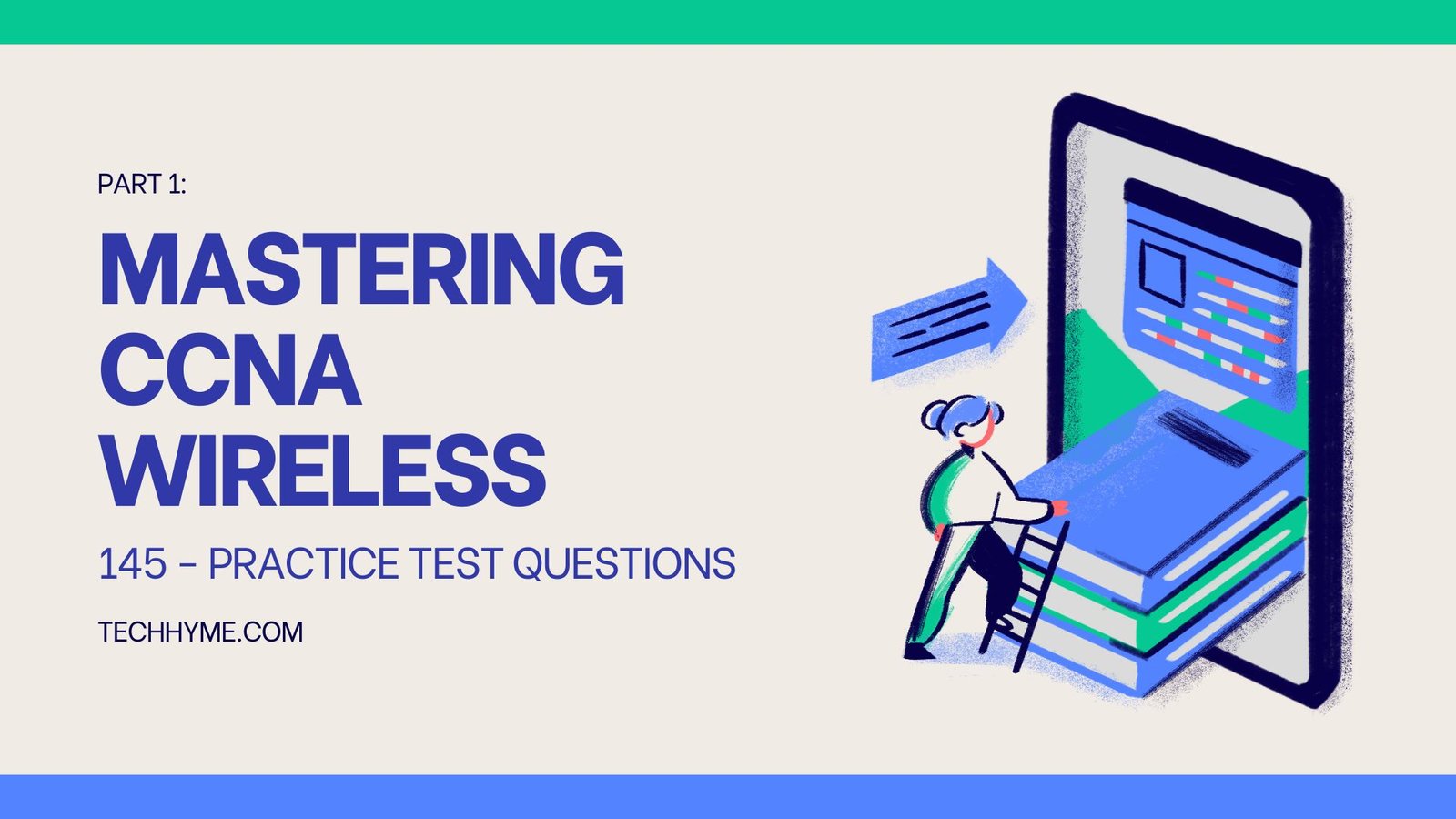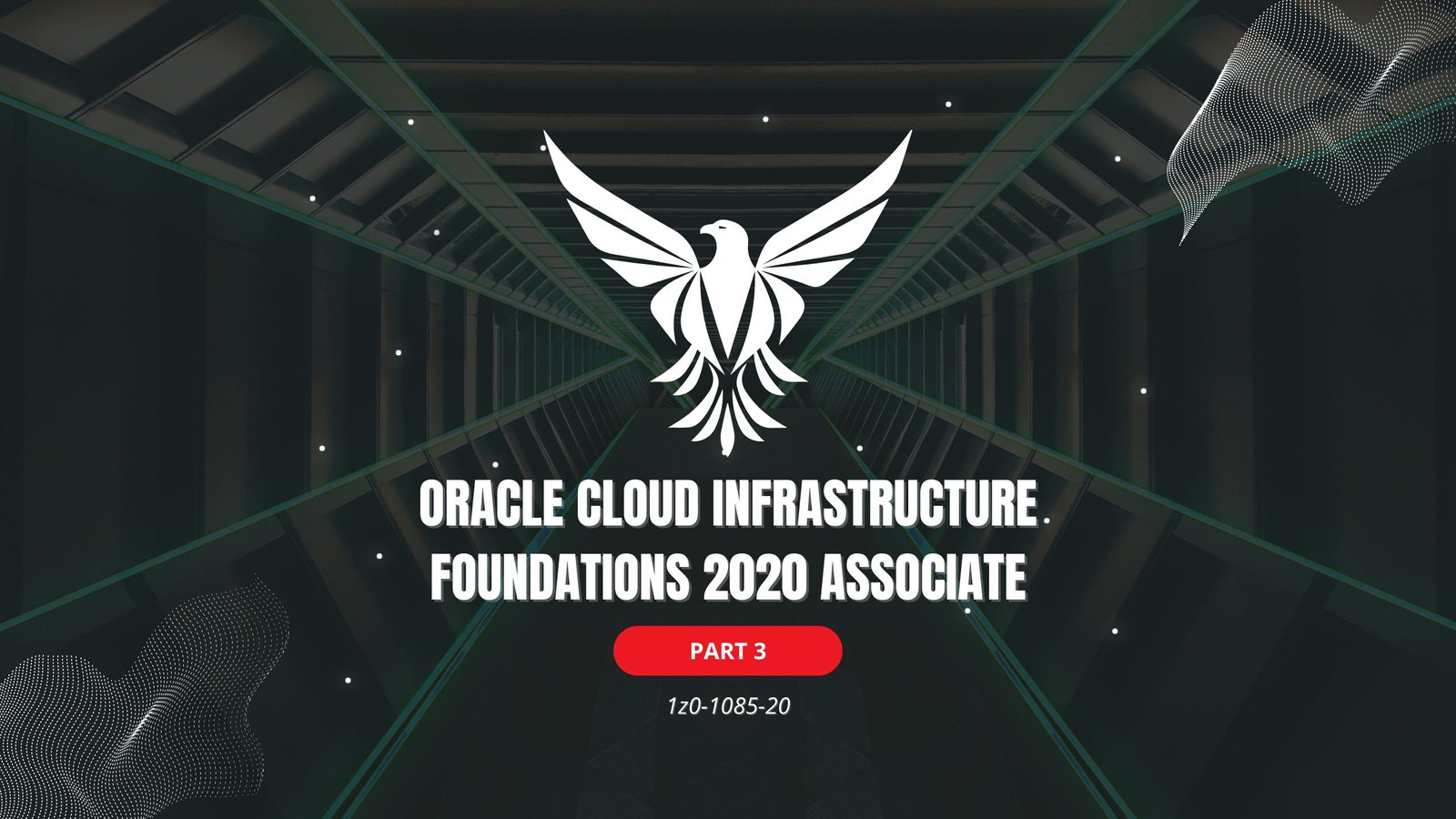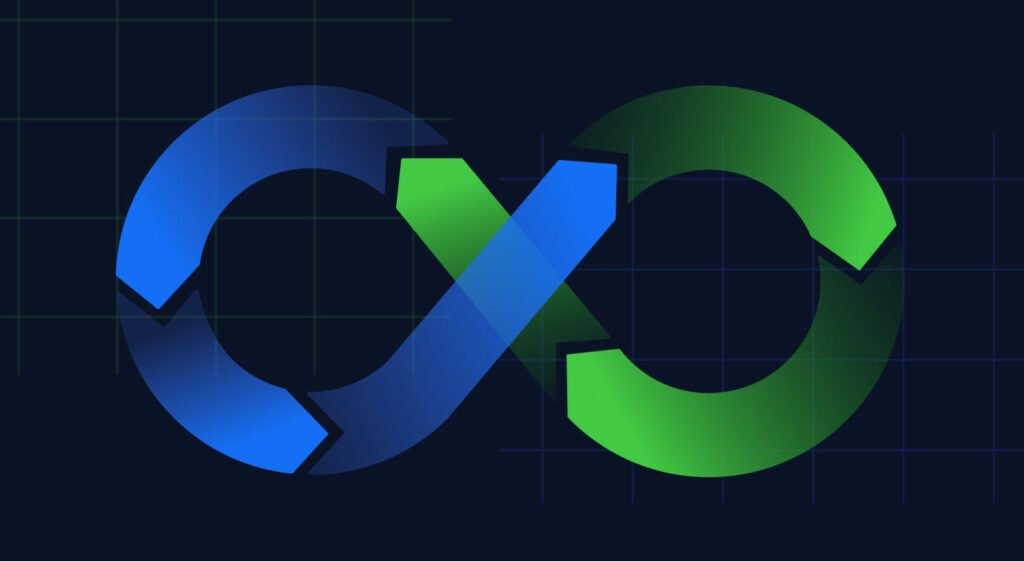
DevOps, the fusion of development and operations, has become a cornerstone in modern IT practices, emphasizing collaboration, automation, and continuous improvement. As organizations embrace DevOps principles, the demand for skilled professionals continues to rise.
In this article, we’ll explore a range of DevOps interview questions that delve into the core concepts and tools integral to this transformative approach.
1. Can you describe your workflow when you create a script?
This question assesses the candidate’s scripting proficiency and their approach to problem-solving. A strong answer would cover planning, coding, testing, and version control aspects of script development.
2. What is GIT?
GIT is a distributed version control system that tracks changes in source code during software development. Candidates should demonstrate a clear understanding of GIT’s key concepts, such as branches, commits, and repositories.
3. What is a dynamically/statically linked file?
Understanding the difference between dynamically and statically linked files is crucial. Dynamic linking occurs at runtime, while static linking occurs at compile time. The candidate should explain the implications of each and when to use them.
4. What does “./configure && make && make install” do?
This command sequence is common in compiling and installing software from source. Candidates should explain that “./configure” checks system dependencies, “make” compiles the source code, and “make install” installs the compiled program.
5. What is puppet/chef/ansible used for?
Puppet, Chef, and Ansible are configuration management tools. Candidates should detail how these tools automate and manage infrastructure, ensuring consistency and efficiency.
6. What is Nagios/Zenoss/NewRelic used for?
These are monitoring tools used to track system performance, detect issues, and ensure smooth operation. Candidates should elucidate the importance of monitoring in maintaining a robust and reliable infrastructure.
7. What is Jenkins/TeamCity/GoCI used for?
Jenkins, TeamCity, and GoCI are continuous integration tools. Candidates should explain their role in automating the build, test, and deployment processes, facilitating faster and more reliable software delivery.
8. What is the difference between Containers and VMs?
Containers and virtual machines (VMs) are both virtualization technologies but operate at different levels. Candidates should highlight that containers share the host OS kernel, making them lightweight and faster compared to VMs, which emulate an entire operating system.
9. How do you create a new PostgreSQL user?
Candidates should demonstrate knowledge of PostgreSQL administration, explaining the steps to create a new user, set permissions, and manage database access.
10. What is a virtual IP address? What is a cluster?
A virtual IP address is an IP address that is not tied to a specific hardware interface. Candidates should connect this concept to the idea of a cluster, where multiple systems work together to enhance availability, reliability, and performance.
11. How do you print all strings of printable characters present in a file?
This question assesses the candidate’s command-line proficiency. They should provide a command using tools like `grep` or `awk` to extract printable strings from a file.
12. How do you find shared library dependencies?
Candidates should be familiar with tools like `ldd` to identify shared library dependencies of an executable or shared object file.
13. What is Automake and Autoconf?
These are build automation tools used in the compilation and installation of software. Candidates should explain their roles in configuring and building software from source code.
14. “./configure shows an error that libfoobar is missing on your system, how could you fix this, what could be wrong?”
Candidates should propose solutions such as installing the missing library, checking the library path, or configuring the build process to locate the library correctly.
15. What are the advantages/disadvantages of script vs compiled program?
This question evaluates the candidate’s understanding of scripting and compiled languages, including issues like performance, portability, and ease of maintenance.
16. What’s the relationship between continuous delivery and DevOps?
Candidates should emphasize that continuous delivery is a core tenet of DevOps, aiming to automate and streamline the software delivery process to achieve faster and more reliable releases.
17. What are the important aspects of a system of continuous integration and deployment?
Candidates should cover key aspects such as automated testing, continuous integration, deployment pipelines, and version control integration to achieve a smooth and efficient development workflow.
18. How would you enable network file sharing within AWS that would allow EC2 instances in multiple availability zones to share data?
This scenario-based question evaluates the candidate’s ability to design and implement solutions in cloud environments. Candidates should discuss options such as Amazon EFS (Elastic File System) or setting up a distributed file system to enable seamless data sharing across availability zones.
Conclusion:
Mastering DevOps requires a combination of technical proficiency, problem-solving skills, and a deep understanding of the tools and principles that underpin this transformative approach to software development and IT operations.
The interview questions highlighted in this article provide a comprehensive overview of the key areas that hiring managers often explore when seeking talented DevOps professionals. As the demand for DevOps expertise continues to grow, candidates who can confidently navigate these questions stand poised to make significant contributions to the ever-evolving landscape of IT infrastructure and software delivery.
You may also like:- 80 Most Important Network Fundamentals Questions With Answers
- 100 Most Important SOC Analyst Interview Questions
- Top 40 Cyber Security Questions and Answers
- Top 10 React JS Interview Theory Questions and Answers
- CISSP – Practice Test Questions – 2024 – Set 20 (53 Questions)
- Part 2: Exploring Deeper into CCNA – Wireless (145 Practice Test Questions)
- Part 1: Mastering CCNA – Wireless (145 Practice Test Questions)
- [1z0-1085-20] Oracle Cloud Infrastructure Foundations 2020 Associate MCQ Questions – Part 3
- [1z0-1085-20] Oracle Cloud Infrastructure Foundations 2020 Associate MCQ Questions – Part 2
- [1z0-1085-20] Oracle Cloud Infrastructure Foundations 2020 Associate MCQ Questions – Part 1

